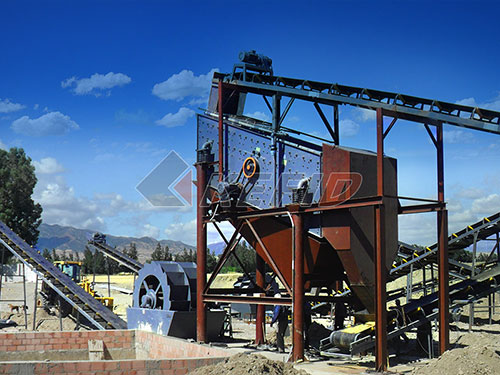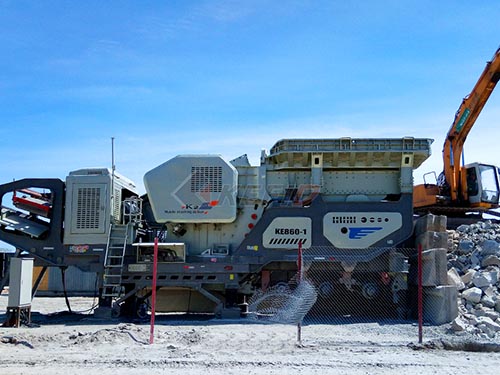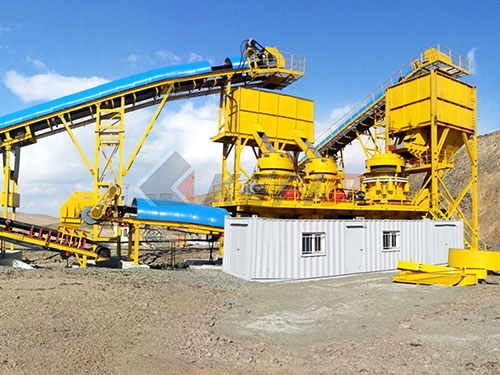Unlocking Mongolia’s Mineral Wealth: The Strategic Imperative of Tracked Mobile Crusher Investment
Mongolia stands at a pivotal juncture in its economic development. Blessed with vast mineral reserves – including coal, copper, gold, iron ore, fluorspar, uranium, tin, and tungsten – the nation possesses the raw materials essential for global industrial growth and its own prosperity. However, unlocking this potential consistently faces formidable challenges: immense distances between deposits and processing centers or export routes; harsh continental climate extremes; limited existing infrastructure; complex logistics; and fluctuating global commodity prices demanding operational efficiency.
In this demanding environment Tracked Mobile Crushers are rapidly transitioning from a niche solution to a strategic cornerstone for profitable mineral extraction in Mongolia. This comprehensive analysis explores why investing in these versatile machines represents not merely an equipment purchase but a fundamental shift towards greater resilience and competitiveness within the Mongolian mining sector.

The Mongolian Mining Landscape: Opportunity Meets Obstacle
Mongolia’s economy remains heavily reliant on mining. Projects like Oyu Tolgoi (copper-gold), Tavan Tolgoi (coking coal), and Erdenet (copper-molybdenum) are globally significant assets driving national GDP and export earnings.
Scale & Remoteness: Deposits are often located hundreds of kilometers from existing railheads or paved roads within the vast expanses of the Gobi Desert or mountainous regions.
Infrastructure Deficit: While development continues (e.g., new rail lines), significant gaps remain in power grids and transportation networks crucial for traditional fixed crushing plants.
Climate Extremes: Temperatures swing from -40°C (-40°F) in winter to +40°C (104°F) in summer across many mining regions.
Market Volatility: Commodity price fluctuations necessitate flexible operations that can scale production up or down efficiently without massive sunk costs.
Competitive Pressure: To attract investment and remain viable against global competitors like Australia or Chile for key commodities such as coking coal and copper respectively Mongolian operations must relentlessly pursue cost reduction per tonne extracted processed transported
Traditional stationary crushing plants often struggle under these constraints requiring substantial upfront capital investment permanent foundations extensive site preparation long lead times before commissioning high fixed operating costs inflexible production rates relative proximity to feed source ore body changes require expensive relocation or conveyancing systems vulnerability during harsh weather events logistical bottlenecks transporting large volumes raw material long distances

The Tracked Mobile Crusher Advantage: Agility Meets Efficiency
Tracked Mobile Crus

Leave a Reply